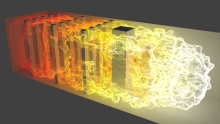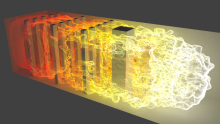Ab initio many-body perturbation theory: from equilibrium to time-resolved spectroscopies and nonlinear optics
Event/Course Format
In person
Event/Course Start
Event/Course End
Organiser
Country






